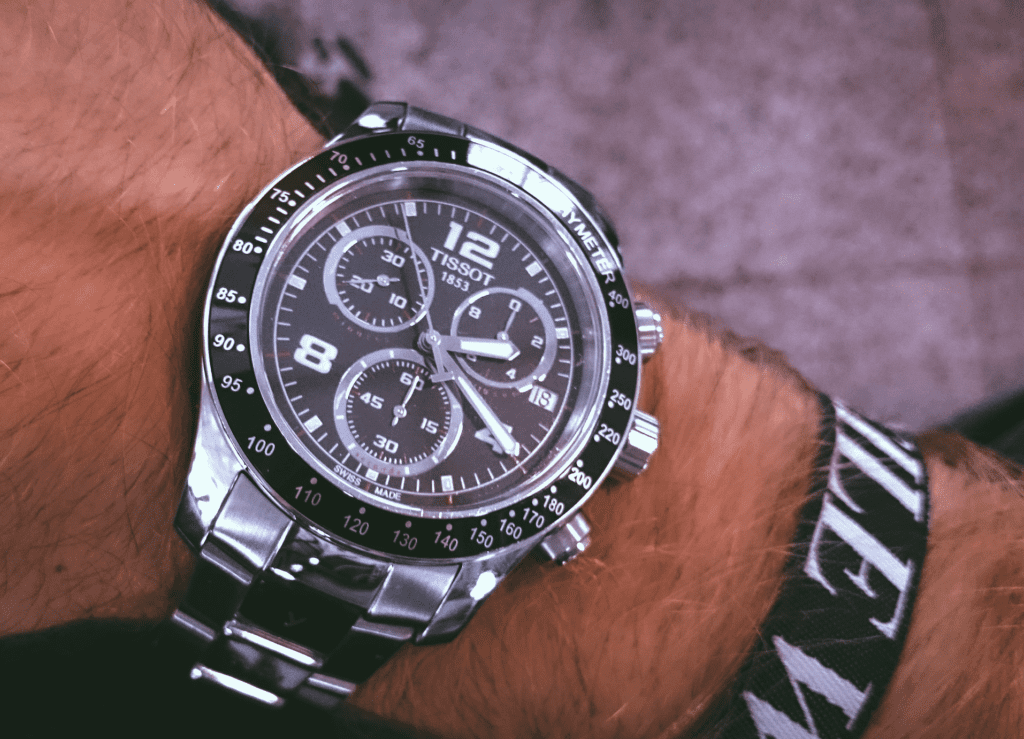The Copyright Office is seeking comments in connection with a study of the law and policy issues posed by artificial intelligence (“AI”) systems amid the rise of complicated questions about authorship and infringement, and as a growing number of copyright-centric lawsuits are being waged against generative AI giants like OpenAI. According to the notice published in the Federal Register on August 30, the Copyright Office states that it is seeking insight on “the use of copyrighted works to train AI models, the appropriate levels of transparency and disclosure with respect to the use of copyrighted works, and the legal status of AI-generated outputs” not only to inform its study and help it assess whether legislative or regulatory steps in this area are warranted.
Setting the stage in its notice of inquiry, the U.S. Copyright Office (“USCO” or “Office”) states that “over the last year, AI systems and the rapid growth of their capabilities have attracted significant media and public attention,” with the adoption and use of generative AI systems by millions of Americans – and the resulting volume of AI-generated material – sparking “widespread public debate about what these systems may mean for the future of creative industries and raise significant questions for the copyright system.” During this time, the USCO asserts that it has begun to receive applications to register works containing AI-generated material; specifically, it highlights Stephen Thaler’s application to register an AI-created artwork and Kristina Kashtanova’s application for graphic novel, “Zarya of the Dawn,” both of which were refused by the USCO.
At the same time, copyright owners have brought infringement claims against AI companies based on the training process for, and outputs derived from, generative AI systems, according to the Office. (A list of key AI-centric lawsuits can be found here.)
Drawing on its prior AI Initiative work, including discussions with stakeholders, the Office says that it has identified a wide range of copyright policy issues arising from the development and use of AI, which relate to …
(1) The use of copyrighted works to train AI models. As to this issue, the Office says that it is “aware that there is disagreement about whether or when the use of copyrighted works to develop datasets for training AI models (in both generative and non-generative systems) is infringing.”
(2) The copyrightability of material generated using AI systems. On this point, the Office is seeking comment on “the proper scope of copyright protection for material created using generative AI. Although we believe the law is clear that copyright protection in the United States is limited to works of human authorship, questions remain about where and how to draw the line between human creation and AI-generated content.”
(3) Potential liability for infringing works generated using AI systems. The Office is interested in how copyright liability principles could apply to material created by generative AI systems. “For example, if an output is found to be substantially similar to a copyrighted work that was part of the training dataset, and the use does not qualify as fair, how should liability be apportioned between the user whose instructions prompted the output and developers of the system and dataset?”
(4) The treatment of generative AI outputs that imitate the identity or style of human artists. The Office states that in its listening sessions and other outreach, it “has heard from artists and performers concerned about generative AI systems’ ability to mimic their voices, likenesses, or styles. Although these personal attributes are not generally protected by copyright law, their copying may implicate varying state rights of publicity and unfair competition law, as well as have relevance to various international treaty obligations.”
As for its more-than-30 questions, the USCO focuses largely part on the copyrightability and potential for infringement when it comes to generative AI training and output. For example: “What kinds of copyright-protected training materials are used to train AI models, and how are those materials collected and curated? Under what circumstances would the unauthorized use of copyrighted works to train AI models constitute fair use?, Are any revisions to the Copyright Act necessary to clarify the human authorship requirement or to provide additional standards to determine when content including AI-generated material is subject to copyright protection?,” etc.
Beyond that, the Office includes a few notable questions …
– Right of Publicity: In one question, the Office appears to address calls for a federal right of publicity cause of action, which was raised by a number of the individuals testifying before the Senate’s Intellectual Property Subcommittee this summer as a way to deal with some of the issues that are coming to light as a result of the development of generative AI models. Specifically, the Office asks, “What legal rights, if any, currently apply to AI-generated material that features the name or likeness, including vocal likeness, of a particular person?”
– Generative AI Labeling: It also takes on the issue of disclosures with regard to AI-generated content, asking, “Should the law require AI-generated material to be labeled or otherwise publicly identified as being generated by AI? If so, in what context should the requirement apply and how should it work?” (This is timely in light of Google’s recent announcement that it has created a process by which it can permanently and invisibly mark images that will identify them as computer-generated in order to help prevent the spread of misinformation.)
– Google v. Oracle, Warhol: The Office also touches on a couple of key Supreme Court decisions. “In light of the Supreme Court’s recent decisions in Google v. Oracle America and Andy Warhol Foundation v. Goldsmith, how should the ‘purpose and character’ of the use of copyrighted works to train an AI model be evaluated? What is the relevant use to be analyzed? Do different stages of training, such as pre-training and fine-tuning, raise different considerations under the first fair use factor?”
Written comments are due by October 18, 2023, according to the notice, and written reply comments are due on November 15, 2023.











